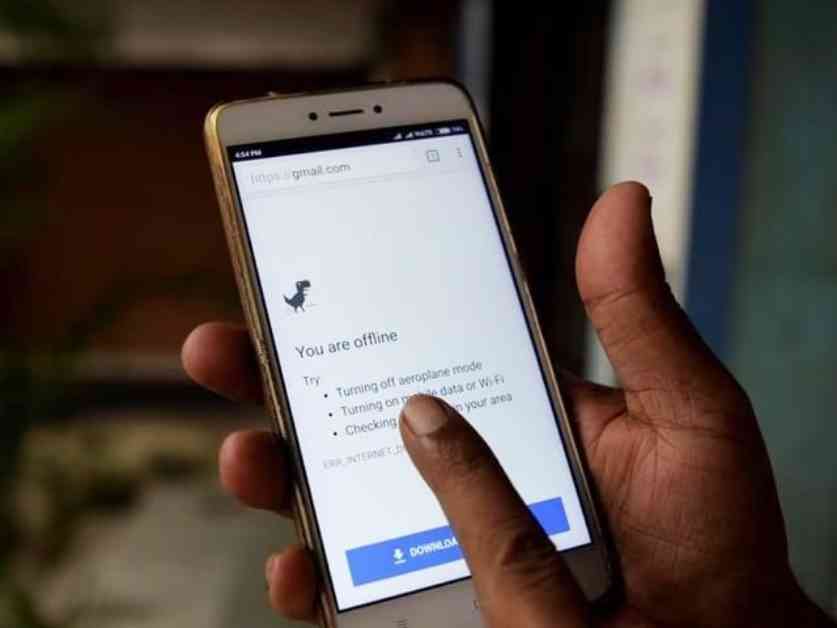National Assembly Standing Committee on Information Technology Postpones Digital Nation Pakistan Bill
The National Assembly Standing Committee on Information Technology has once again delayed the much-awaited Digital Nation Pakistan Bill, sparking controversy and anger among committee members and the public. Sharmila Farooqi, a vocal committee member, expressed frustration over the government’s statements regarding the persistent lack of improvement in internet speed, as reported by Express News.
Committee Meeting and Decisions
Chaired by Federal IT Minister Syed Aminul Haq, the committee meeting delved into various issues related to the bill and internet services. Despite high hopes, the committee ultimately decided to defer the bill once again, with plans to revisit the issue in the next session. This delay will provide an opportunity for input from members of the Pakistan Peoples Party (PPP) and other political parties to be taken into consideration.
Opposition Claims and Criticism
Opposition Leader Omar Ayub raised concerns about internet shutdowns, attributing them to interference from secret agencies. Pointing out the significant financial losses incurred due to these shutdowns, Ayub emphasized that Pakistan still struggles with one of the slowest internet speeds globally, despite previous promises of improvement. He called for accountability from PTA officials and criticized the weaponization of VPNs against the public, questioning the underlying intentions behind these actions.
Committee Member’s Perspective
Romina Khurshid Alam, another committee member, highlighted the importance of monitoring in the face of security threats, drawing parallels to how even cartoons are monitored in other nations. She underscored the committee’s role in bolstering the country’s strength and addressing national security concerns effectively.
PTA Chairman’s Testimony
Hafeez-ur-Rehman, Chairman of the Pakistan Telecommunication Authority (PTA), reaffirmed the existing challenges in Pakistan’s internet infrastructure. He clarified that internet shutdowns are implemented based on directives from the court, federal government, and Ministry of Interior, emphasizing the need for evidence when alleging illegal activities. Hafeez-ur-Rehman also shed light on the government’s responsibility in bringing new submarine cables into Pakistan to enhance connectivity.
State Minister for IT’s Response
State Minister for IT Shaza Fatima Khawaja addressed concerns about internet shutdowns, attributing them to the evolving security landscape amidst rising terrorism threats. She stressed the need for surveillance in certain areas to combat security challenges effectively, highlighting the delicate balance between security and public privacy. Shaza Fatima reassured the committee that Pakistan’s internet issues had been resolved, with a focus on national priorities and projects.
Personal Reflection and Call for Accountability
Peoples Party member Sharmila Farooqi expressed deep disappointment over the lack of progress in resolving internet issues, questioning the government’s transparency and commitment to finding solutions. She raised concerns about frequent internet shutdowns during protests and voiced her frustration over the prevailing situation, urging for concrete actions to address the challenges at hand.
Federal Minister’s Stance on VPNs
Federal Minister for IT Syed Amin Ul Haq opposed restrictions on VPNs, advocating for fast and uninterrupted internet access to drive IT exports and economic growth. He emphasized the importance of leveraging technology like VPNs legally to propel the industry forward.
Committee’s Demands and Future Meetings
The committee called for accountability from the Interior Ministry regarding internet disruptions and slowdowns, planning to summon relevant officials for an in-camera session to address the issues comprehensively. In the next meeting, the committee aims to engage with key stakeholders to devise effective measures to tackle VPN-related concerns and broader internet disruptions in Pakistan.









